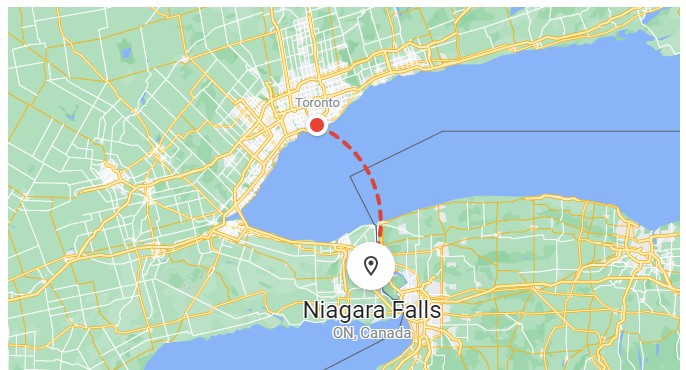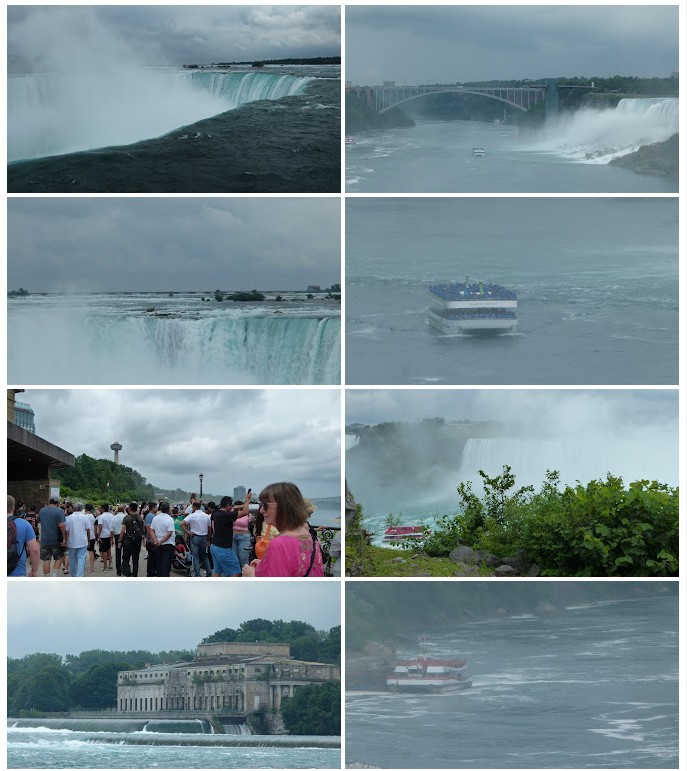Climate Emergency
emergency
/uh'merrjuhnsee, ee-/.
noun, plural emergencies.
1. an unforeseen occurrence; a sudden and urgent occasion for action.
|
Recent calls for action on climate change have taken to declaring that we are facing a 'Climate Emergency'.
This concerns me on a couple of levels.
The first seems obvious. There's nothing unforseen or sudden about our present predicament.
My second concern is that 'emergency' implies something short lived. It gives the impression that by 'fire fighting against carbon dioxide' or revolutionary action against governments, or commuters, activists can resolve the climate crisis and go back to 'normal' - whatever that is. Would it not be better to press for considered, incremental changes that might avoid the catastrophic collapse of civilisation and our collective 'human project' or at least give it a few more years sometime in the future?
Back in 1990, concluding my paper: Issues Arising from the Greenhouse Hypothesis I wrote:
| We need to focus on the possible.
An appropriate response is to ensure that resource and transport efficiency is optimised and energy waste is reduced. Another is to explore less polluting energy sources. This needs to be explored more critically. Each so-called green power option should be carefully analysed for whole of life energy and greenhouse gas production, against the benchmark of present technology, before going beyond the demonstration or experimental stage.
Much more important are the cultural and technological changes needed to minimise World overpopulation. We desperately need to remove the socio-economic drivers to larger families, young motherhood and excessive personal consumption (from resource inefficiencies to long journeys to work).
Climate change may be inevitable. We should be working to climate “harden” the production of food, ensure that public infrastructure (roads, bridges, dams, hospitals, utilities and so) on are designed to accommodate change and that the places people live are not excessively vulnerable to drought, flood or storm. [I didn't mention fire]
Only by solving these problems will we have any hope of finding solutions to the other pressures human expansion is imposing on the planet. It is time to start looking for creative answers for NSW and Australia now.
|
Read more: Climate Emergency


